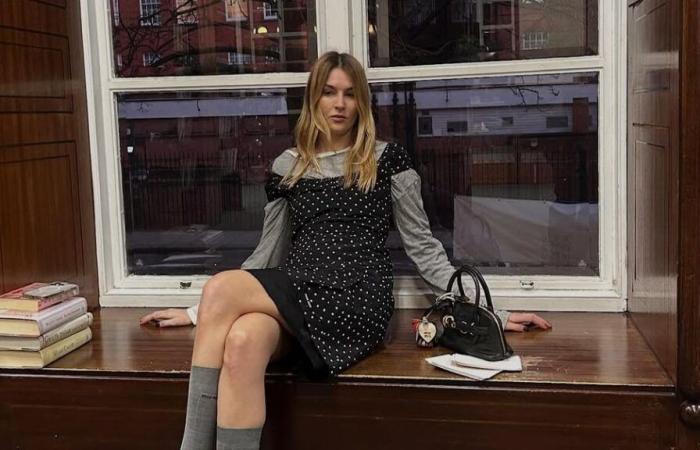Desiree Washingtonthis is the name of the young girl raped by Mike Tyson. She is then 18 years old, naively competes for the crown of Miss Black America and becomes prey to the famous boxer who is never refused anything. Unlike others, young Désirée lodges a complaint and testifies with a dignity that no one suspected. And, following a highly publicized trial, Tyson was convicted. It is a unfolding of the facts, precise and always contextualized, that offers Frédéric Roux and which turns out to be fascinating, telling as much about this era as about ours, unfortunately.
Frédéric Roux – Desiree
All the lives of Théo by Nathalie Azoulai
“Theo liked to throw into conversation that, in a lifetime, we only make four or five crucial decisions.”
When Théo marries Léa, he marries a Jewish family, not without fantasies, to which he belongs although he feels eternal there. outsider. Together, they live a happy and secular existence until October 7, 2023. The date of Théo’s 50th birthday and the massacre perpetrated by Hamas. This is where Nathalie Azoulai tells of the shift in everyone’s beliefs, from incomprehension to faith. Throughout the pages, Théo continues to reveal a selfishness that places him among the most antipathetic male characters in contemporary French literature.
Nathalie Azoulai – All the lives of Théo
A magnificent loser by Florence Seyvos
“He dozed all day, sitting on the couch, head thrown back, hands flat on his knees.”
Their father-in-law is an original man, if not completely crazy. Jacques adores Irène and Anna, narrator of a dysfunctional childhood between this character whose affairs in Ivory Coast never seem to succeed and a loving mother. With sensitivity, Florence Seyvos explains a time, the 80s, when children had few rights and adults had little common sense. And signs, with all its faults and flaws, the portrait of a loser not so magnificent, indeed, but memorable.
-Florence Seyvos – A Magnificent Loser
First cries by Clementine Goldszal
“Being born alive, completely alive, incontestably alive, is not given to everyone.”
In this essay, nourished not only by his six-month immersion in the neonatal and neonatal intensive care unit of the Necker hospital, but also by a great capacity for reflection and multiple references, Clémentine Goldszal recounts the first trying days of the extra-uterine life of Fiona, Souleymane, Yassine and even Rose. While following the work of caregivers, observing the reaction of parents, she draws on her own cultural references, from Freud to Rousseau via the art of Ron Mueck or the cinema of David Lynch. Enough to question us, as much as to move us.
Clémentine Goldszal – First cries, the mysteries of neonatology
More culture on Vogue.fr:
5 tips for growing easily (without burning out) in 2025
The 15 novels you must have read in your life
4 books to read in 2025 according to Charlotte Casiraghi



